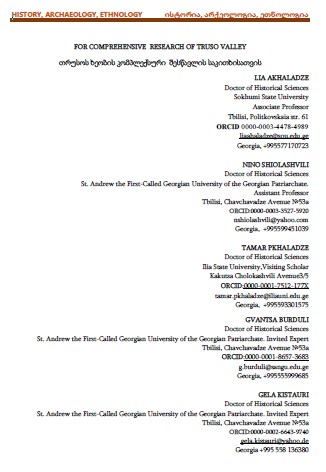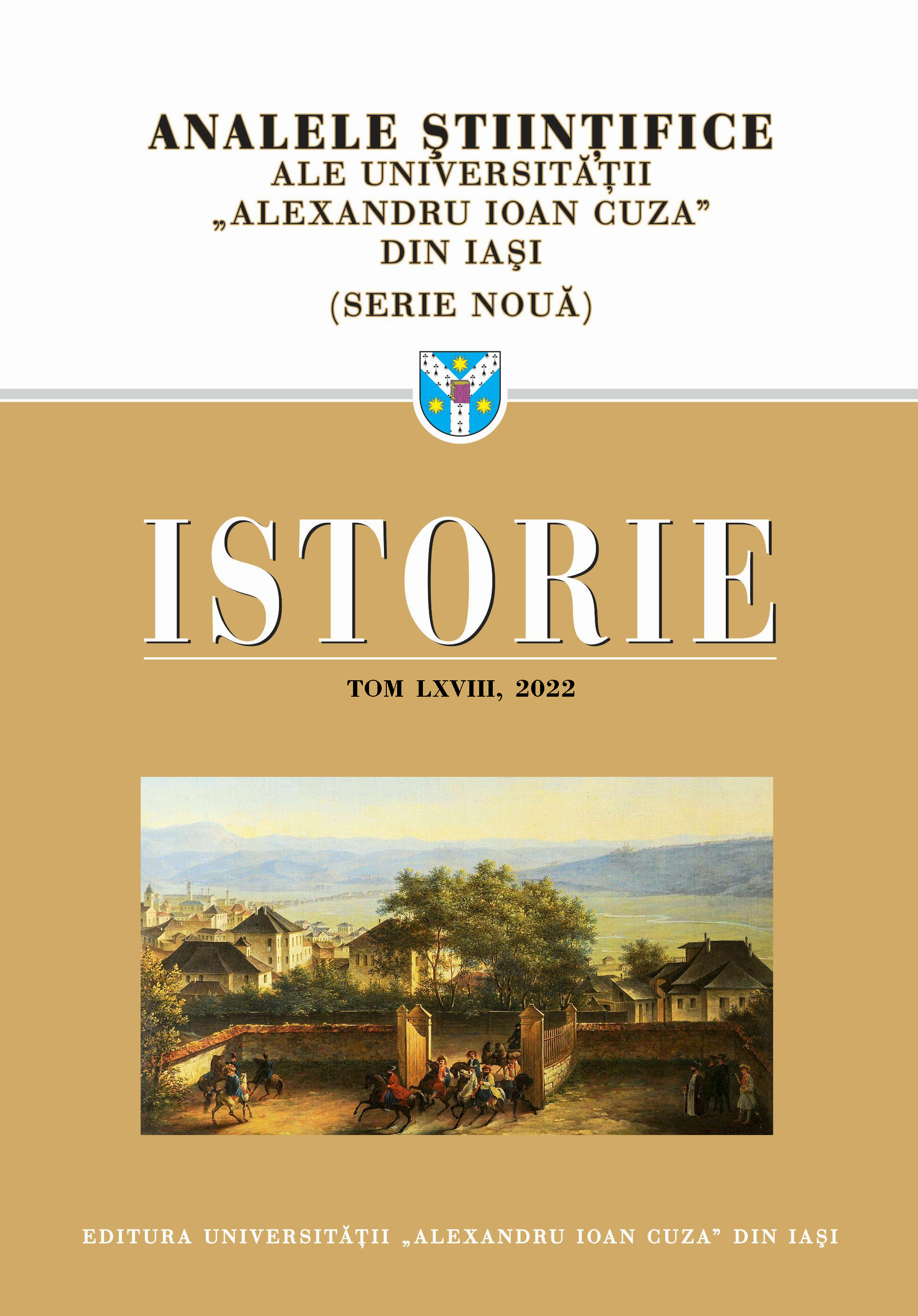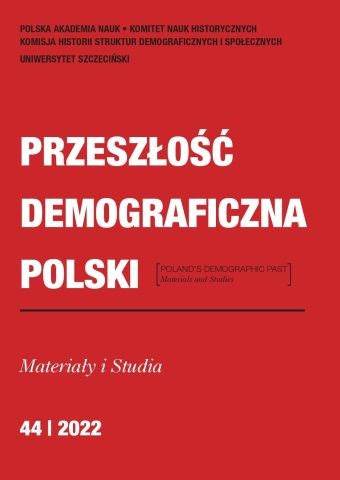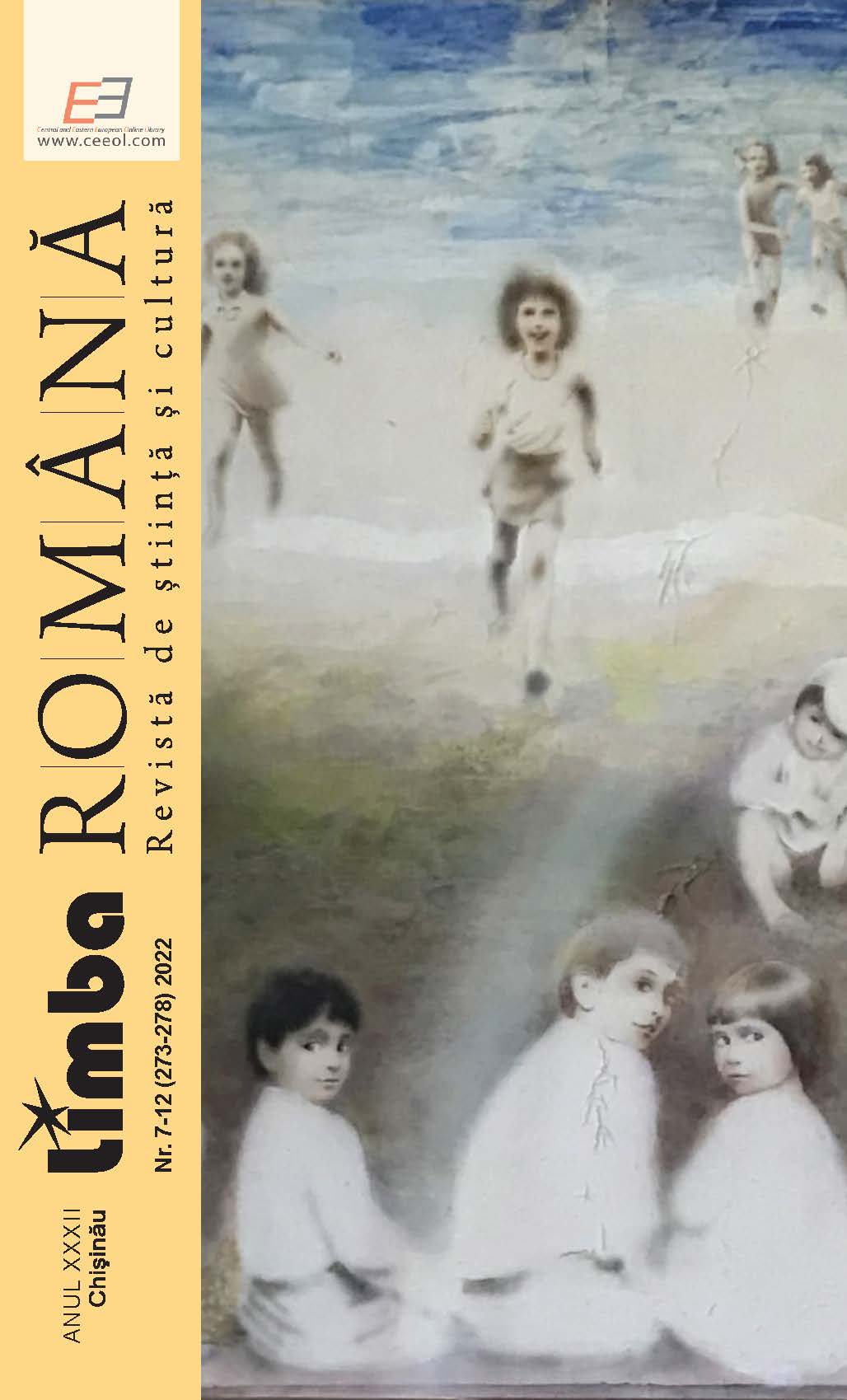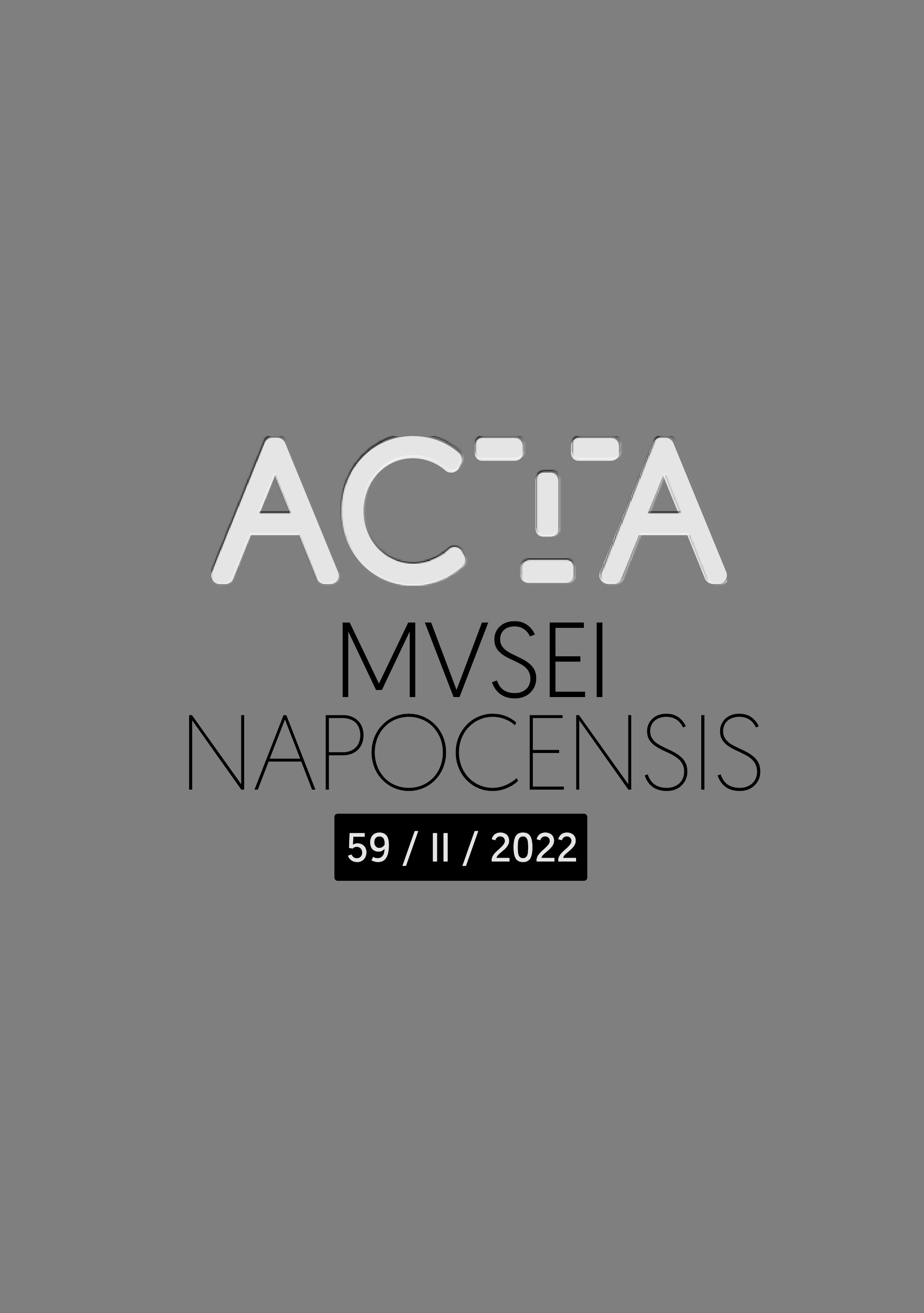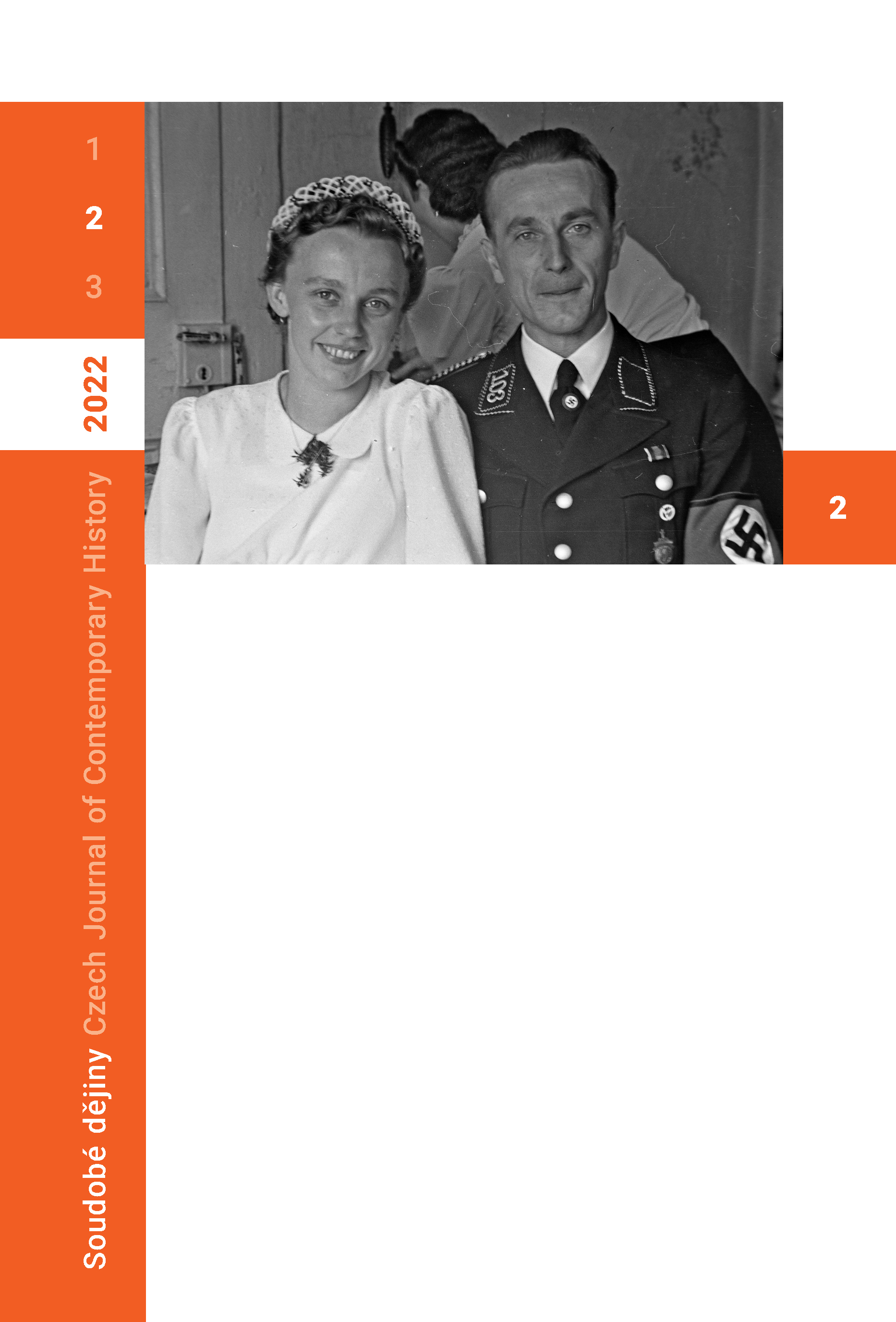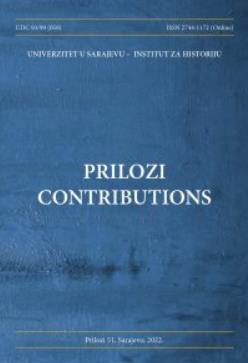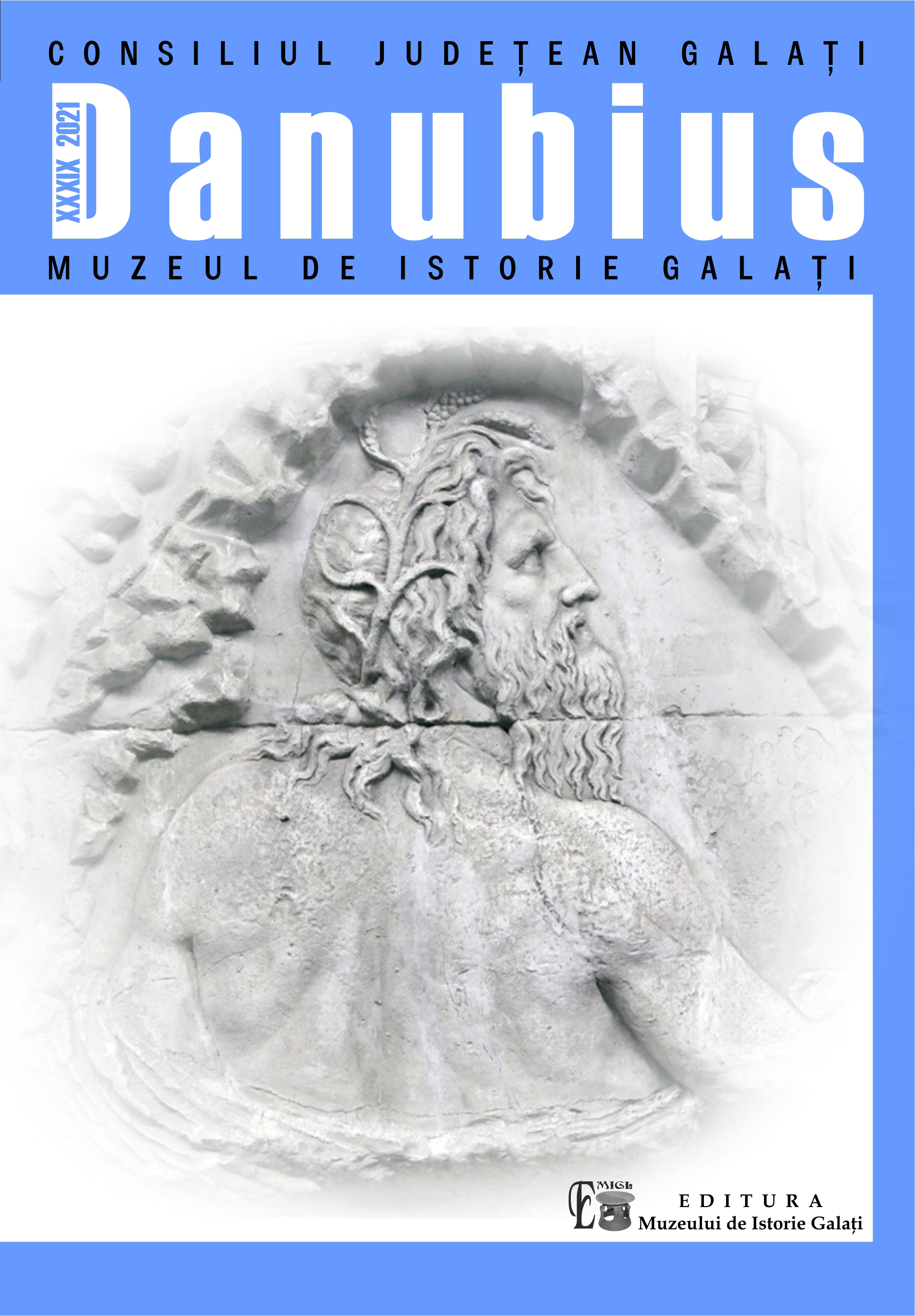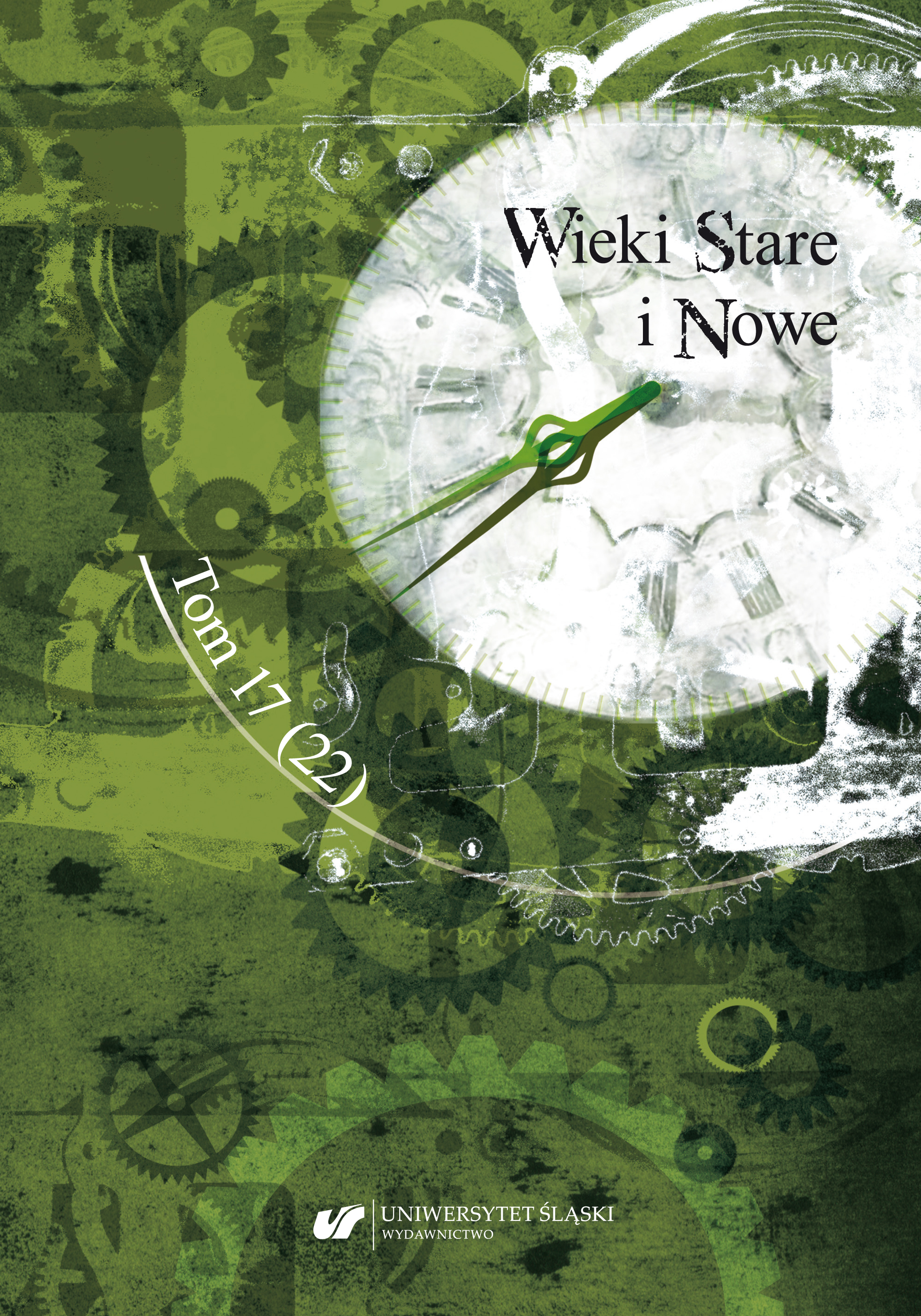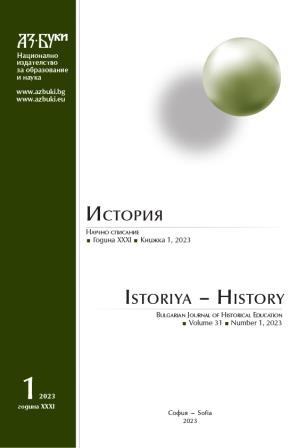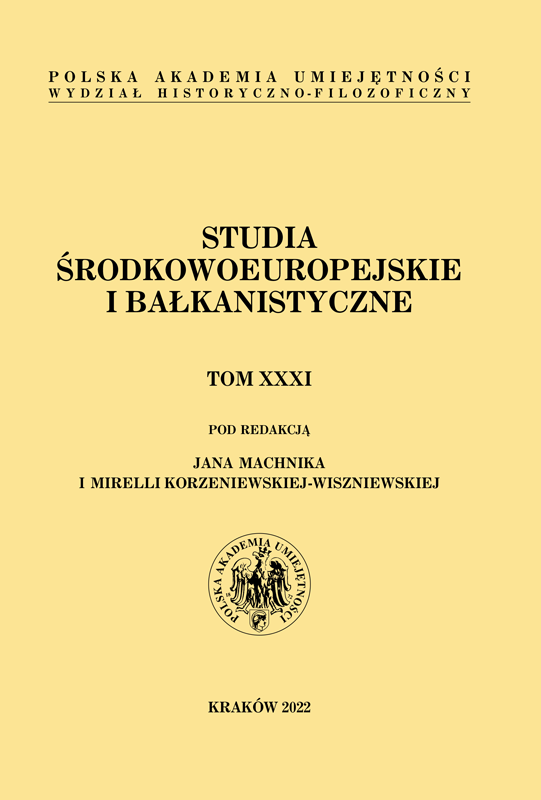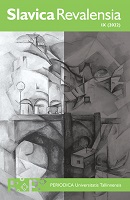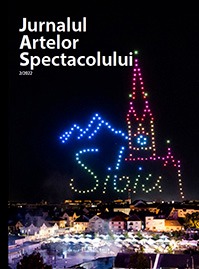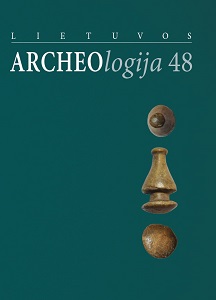კოსოვოს კონფლიქტი და ნატო-ს სამხედრო ინტერვენცია 1999 წელს
The end of the Cold War brought significant changes to the political map of the world. The Soviet Union collapsed, Germany was unified, and the ruling regimes in the countries of Eastern Europe changed. These processes were often peaceful, although bloodshed could not be avoided in the Socialist Federal Republic of Yugoslavia, where disintegration processes developed with unprecedented brutality and tragedy after the Second World War. A humanitarian disasteron ethnic and religious grounds in the middle of Europe shook the whole of Europe and the world.Among Yugoslavia’s wars, the Kosovo conflict stands out, which is a special and perhaps the most resonant event in world politics since the end of the Cold War. In 1999, after numerous attempts to resolve the extremely aggravating crisis diplomatically between the central government of Yugoslavia and the Serbian autonomous region of Serbia with a predominantly Albanian population,Kosovo, NATO made an unprecedented decision and, with a humanitarian motives, without a legal basis, waged military actions against the independent state Yugoslavia for 78 days. NATO managed to stop the humanitarian disaster with inhuman methods, while Serbia was unable to suppress Albanian separatism and lost its side within its recognized borders.This crisis, with its precedents and consequences, had a great impact not only on the parties directly involved in it, but also on the homeand foreign policies of completely different countries, including Georgia, therefore it deserves our special interest and attention.
More...
